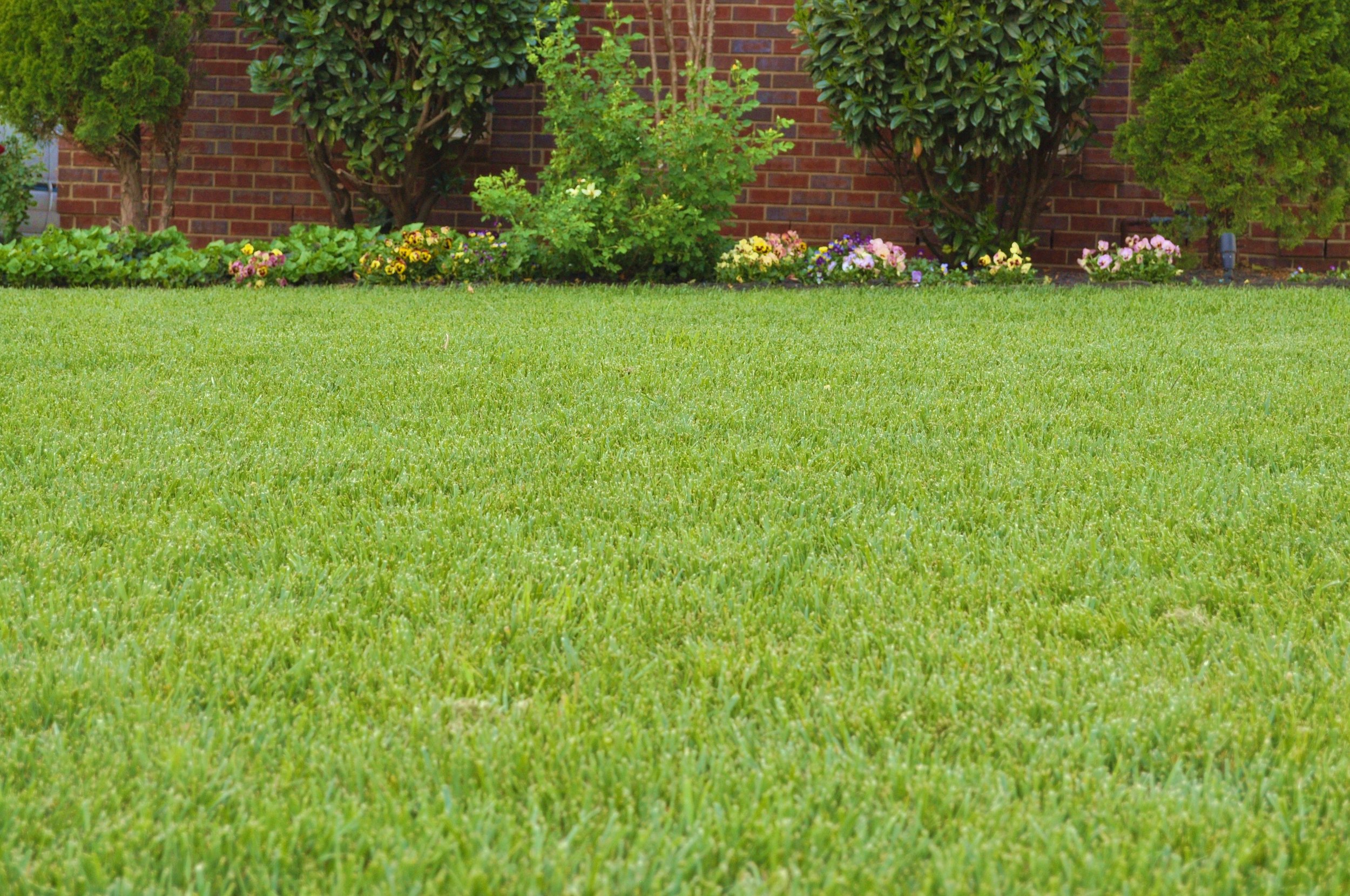What Do Lawn Care Specialists Recommend for Weed Killer in the Hendersonville and Franklin, TN, Area?
If you have weeds growing on your lawn, you may be wondering what type of weed killer could be used to improve the view of your home in the Hendersonville and Franklin, TN, areas. Lawn care specialists are highly trained on what treatments to use, along with when and how to use them, which is why lawns that are professionally maintained look so beautiful. Here are some of the common weed killers that are used by lawn care specialists.
Related: Control Crabgrass in Spring Hill and Nolensville, TN, by Following These Steps
Pre-emergent Weed Control
Many lawn care specialists believe that taking preventative measures is essential to prevent weeds from growing in the first place. Pre-emergent weed control involves herbicides that are applied in the early spring before weeds have begun to grow.
Trifluralin
This pre-emergent herbicide may be used to prevent the growth of crabgrass, foxtails, goosegrass, and more. It is known for killing broadleaf weeds, such as dandelions.
Bensulide
This pre-emergent herbicide is used by some companies to kill broadleaf weeds and henbit. It is known to be formulated to control annual bluegrass.
DCPA
This pre-emergent herbicide is used by some weed control experts to control broadleaf weeds and annual grasses. It is known to kill crabgrass.
Dichlobenil
This pre-emergent herbicide is generally applied in the fall to control perennial broadleaf and grassy weeds. It is known to kill thistles, horsetail, and nutsedge weeds.
Oryzalin
This pre-emergent herbicide is typically applied by some weed control companies in the spring and early summer. It is known to prevent weeds from germinating and spreading. In particular, it is known to be an effective weed killer for broadleaf weeds.
Simazine
This pre-emergent herbicide is known to kill broadleaf weeds and annual grasses. Some of the specific weeds it can control are chickweed, crabgrass, fireweed, goosegrass, ragweed, and more.
Post-emergent Weed Control
Once weeds have begun to grow on a lawn, post-emergent weed control will be needed. Post-emergent weed control tends to be species-specific, so knowing which herbicide to use is important for effective weed control. Lawn care professionals have extensive knowledge and will know exactly what needs to be used.
Glyphosate
This post-emergent herbicide may be used to kill broadleaf weeds and grasses. It is a non-selective herbicide, which means that it will kill most plants that it comes in contact with.
2,4-D
This post-emergent herbicide may be used to kill broadleaf weeds. As with most of these weed killers, this weed killer is recommended to be only handled by professional lawn care specialists.
Dicamba
This post-emergent herbicide is similar to 2,4-D and may be used to kill broadleaf weeds and woody plants. It acts like natural plant hormones and helps control growth.
MCPP
MCPP, also known as methylchlorphenoxypropionic acid and mecoprop, is a post-emergent herbicide found in many household weed killers. It is used to kill broadleaf weeds. For lawn care specialists, there are weed killer combinations using MCPP along with 2,4-D, dicamba, and others that are not available to the general public.
Fluazifop-P-butyl
This post-emergent herbicide may be used to kill annual and perennial grasses but does not generally harm broad-leaved plants. It is considered a highly selective post-emergent grass killer.
Sethoxydim
This post-emergent herbicide may also be used to kill annual and perennial grasses. This particular weed killer is not generally for lawn use but is meant to be used around plant beds, shrubs, and trees.
About the Author
For over 30 years, our locally operated business has provided comprehensive premium care to lawns in the greater Nashville area. Utilizing high-quality turf, top-of-the-line application equipment, and golf course–grade materials, our technicians bring playing and gathering spaces back to life.

